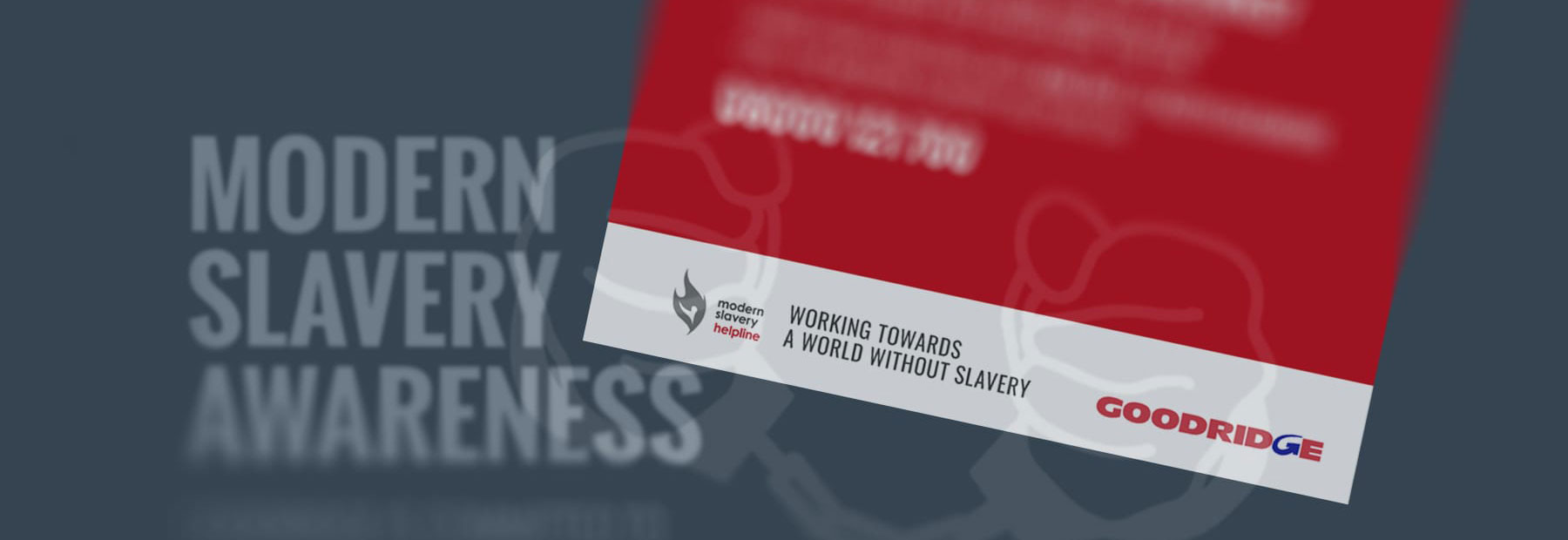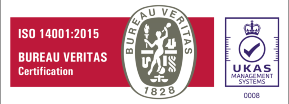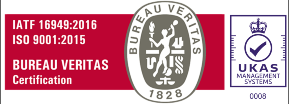Goodridge Limited Modern Slavery and Human Trafficking Statement
It is Goodridge’s policy to trade in an ethical and responsible manner. This includes caring for its direct employees, those employed through subcontractors and the wider supply chain.
This statement sets out Goodridge’s actions to understand potential modern slavery risks related to its business and to put in place steps that are aimed at ensuring that there is no slavery or human trafficking in its own business and its supply chain.
Organisational structure and supply chains
Goodridge is a manufacturer and supplier of engineered fluid transfer systems. The Head office is based in Exeter in the United Kingdom. The Goodridge Group wider organisation employs over 400 people across nine countries and services a global customer base. Our customers include automotive OEM car and motorcycle assemblers, performance and motorsport retailers, professional motorsport racing teams and private consumers.
Goodridge currently has sales, manufacturing and distribution operations in the following countries:
United Kingdom, Germany, Italy, France, Spain, Netherlands, Japan, United Sates and Mexico
Goodridge recognises that its highest risk in relation to slavery or human trafficking is within our global supply chain due to its size, complexity and geographic diversity.
Responsibility for the organisation’s anti-slavery initiatives are structured as follows:
Relevant policies
Goodridge operates the following policies that describe its approach to the identification of modern slavery risks and steps to be taken to prevent slavery and human trafficking in its operations:
Whistleblowing policy; Goodridge encourages all its workers, customers and other business partners to report any concerns related to the direct activities, or the supply chains of, the organisation. This includes any circumstances that may give rise to an enhanced risk of slavery or human trafficking. Goodridge’s whistleblowing procedure is designed to make it easy for workers to make disclosures, without fear of retaliation. Employees, customers or others who have concerns are encouraged to call Protect, the confidential whistle blowing helpline, or the Modern Slavery Helpline.
Procurement code of conduct; Goodridge is committed to ensuring that its suppliers adhere to the highest standards of ethics. Suppliers are required to demonstrate that they provide safe working conditions where necessary, treat workers with dignity and respect, and act ethically and within the law in their use of labour. Goodridge works with suppliers to ensure that they meet the standards of the code and improve their worker’s working conditions. However, serious violations of Goodridge’s supplier code of conduct will lead to the termination of the business relationship.
Agency workers policy; Goodridge uses only specified, reputable employment agencies to source labour and always verifies the practices of any new agency it is using before accepting workers from that agency.
Due diligence and Risk Assessment
Goodridge undertakes due diligence when considering selection of new suppliers, and regularly reviews its existing suppliers. The organisation’s due diligence and reviews include:
A formal supplier evaluation and approval process using a standardised assessment document that includes evaluation of modern slavery and human trafficking risks of each new supplier before they enter the supply chain.
Suppliers may only be added to Goodridge’s Approved Supplier List (ASL) following satisfactory completion of the evaluation process. Suppliers are ranked low, medium or high risk with respect to modern slavery on the ASL database. Only suppliers on the ASL may be used for procurement of goods and services.
Mapping the supply chain broadly to assess product or geographical risks of modern slavery and human trafficking. Suppliers deemed to be higher risk will be subject to more detailed assessment and routine re-assessment.
Measuring Performance indicators
Goodridge has reviewed its key performance indicators (KPIs). As a result, the organisation is:
Requiring all purchasing staff working for Goodridge to have completed training on modern slavery.
Evaluating all potential new suppliers before they enter the supply chain and re-assessing all high-risk suppliers every 2 years or less, and;
Reviewing its existing suppliers that pre-date the enhanced due diligences process, whereby the organisation completes evaluation of all existing suppliers on the ASL.
Training
Goodridge requires all purchasing staff working in the organisation to complete training on modern slavery.
The organisation’s modern slavery training covers:
- our business’s purchasing practices, which influence supply chain conditions, and which should therefore be designed to prevent purchases at unrealistically low prices, the use of labour engaged on unrealistically low wages or wages below a country’s national minimum wage, or the provision of products by an unrealistic deadline;
- how to assess the risk of slavery and human trafficking in relation to various aspects of the business, including resources and support available;
- what external help is available, for example through the Modern Slavery Helpline, Gangmasters and Labour Abuse Authority and “Stronger together” initiative;
- what messages, business incentives or guidance can be given to suppliers and other business partners and contractors to implement anti-slavery policies; and
- what steps the organisation should take if suppliers or contractors do not implement anti-slavery policies in high-risk scenarios, including their removal from the organisation’s supply chains.
Awareness-raising programme
As well as training staff, Goodridge has raised awareness of modern slavery issues by putting up posters across the organisation’s premises.
The posters explain to staff:
- what employees can do to flag up potential slavery or human trafficking issues to the relevant parties within the organisation; and
- what external help is available, for example through the Modern Slavery Helpline.
This statement was approved on 22 March 2019 by the organisation’s board of directors.
Charles Bolton, Group CEO



